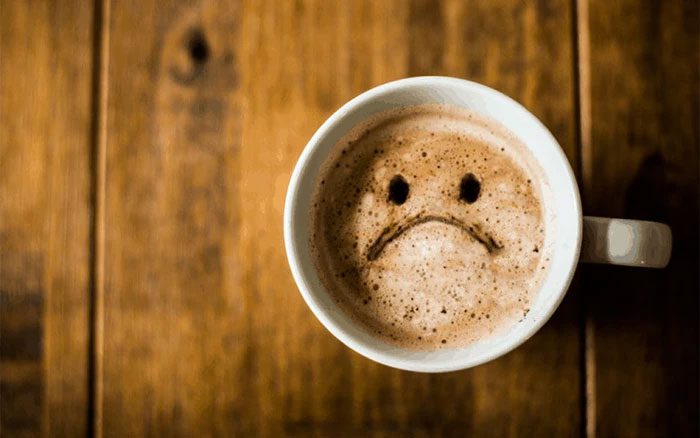According to results from the psychiatric treatment study titled “The Psychostimulant Effects of Caffeine” published on Sciencedaily, consuming more than 1,000 mg of caffeine daily can have negative effects on the body, including increased anxiety, insomnia, and digestive issues.
Signs of Caffeine Overconsumption
However, a study published by the journal Longevity & Healthspan indicates that caffeine can actually help extend lifespan, improve your health, and delay age-related diseases like Alzheimer’s. This is because caffeine may help regulate dietary intake and reduce insulin signaling. The key here is to be mindful of your caffeine consumption rather than eliminating it entirely.
According to Dr. Nguyễn Xuân Quang (Military Medical Academy), coffee is a familiar morning beverage for many people. Drinking coffee helps you feel alert and improves focus at work. However, consuming caffeine beyond what your body needs can lead to consequences such as restlessness and insomnia, commonly referred to as caffeine overconsumption. Indeed, many people may experience caffeine overconsumption if they do not drink coffee in amounts and concentrations appropriate for their bodies.

Consuming more than 1,000 mg of caffeine daily can have negative effects on the body.
What are the health consequences of caffeine overconsumption?
1. Anxiety
According to Healthline, coffee works by blocking the effects of adenosine, a chemical in the brain that makes you feel tired. At the same time, it triggers the release of adrenaline—a hormone related to increased energy.
However, at higher doses, these effects can become more pronounced, leading to anxiety and nervousness.
In fact, caffeine-induced anxiety disorder is one of four caffeine-related syndromes listed in the Diagnostic and Statistical



















































